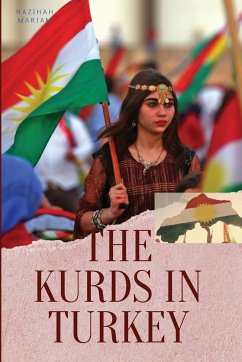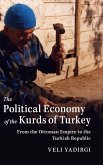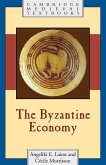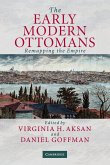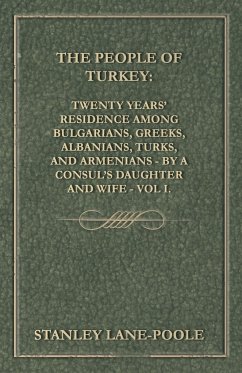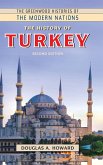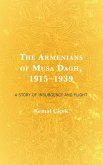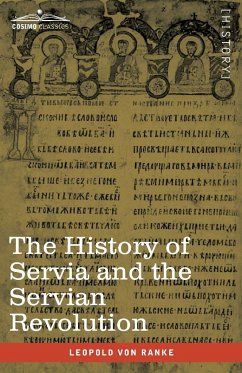This book offers a comprehensive examination of the complex relationship between ethnicity, religion, and political preferences among the Kurdish population of Turkey. Focused on understanding the factors influencing political behavior, this groundbreaking book delves into the intriguing phenomenon where a significant portion of Kurds align themselves with non-ethnic political parties, notably the ruling Islamist Justice and Development Party (JDP/AKP), despite historical struggles for ethnic and cultural rights led by pro-Kurdish political parties. Drawing on extensive research and a model based on a vital conceptual distinction between the Kurdish ethnic category and the ethnic groups within it, the author systematically explores the intricacies of ethnicity-based demands and ethnic identity perceptions. The study effectively differentiates between membership in the broader Kurdish ethnic category and the specific Kurdish ethnic groups formed and led by Kurdish political entrepreneurs, providing nuanced insights into the diverse motivations shaping Kurdish political affiliations.The book convincingly argues that while the Kurdish population generally supports ethnic cultural demands, their political demands diverge significantly. On one hand, those who support pro-Kurdish political parties align with the ethnic groups and espouse the political demands put forth by Kurdish political entrepreneurs. On the other hand, a majority of Kurds who back non-ethnic political parties do not share these political demands, highlighting the nuanced nature of political alignment within the Kurdish community.Moreover, the study delves into the multifaceted dimension of Kurdish ethnic identity perceptions in relation to Islam. It reveals two distinct forms of Kurdish identity: secular and non-secular/religious. Supporters of pro-Kurdish political parties tend to adopt a secular form of Kurdish identity, championed by Kurdish political elites, while those who endorse the ruling Islamist party (JDP/AKP) are more inclined towards a non-secular form of Kurdish identity.
